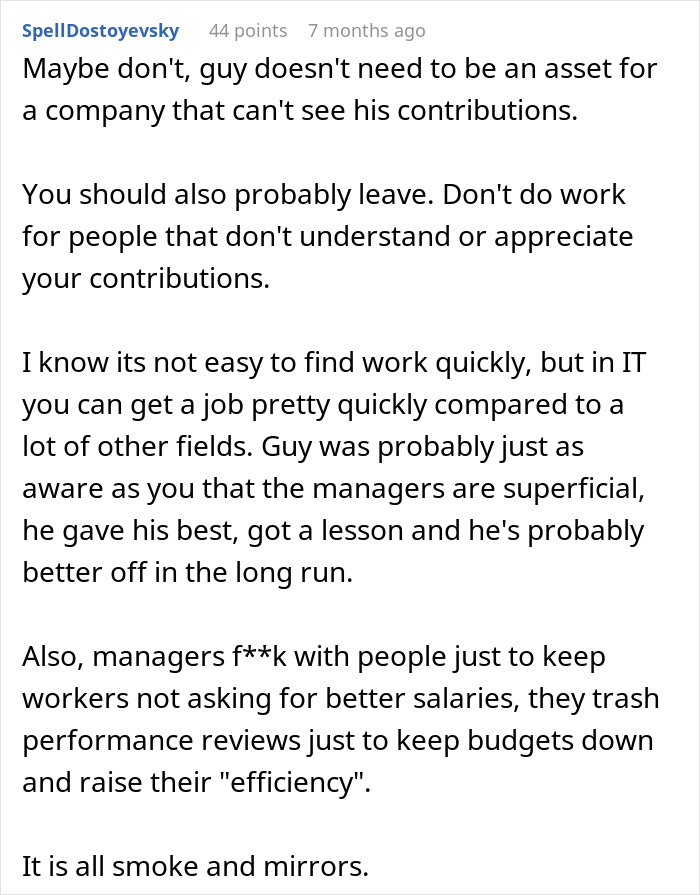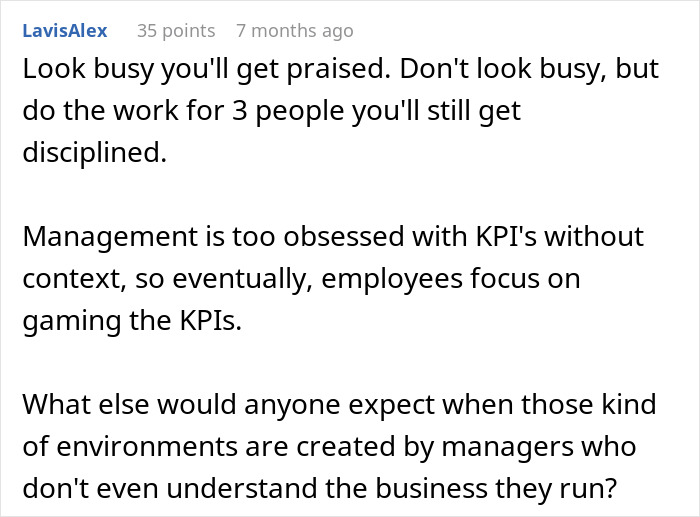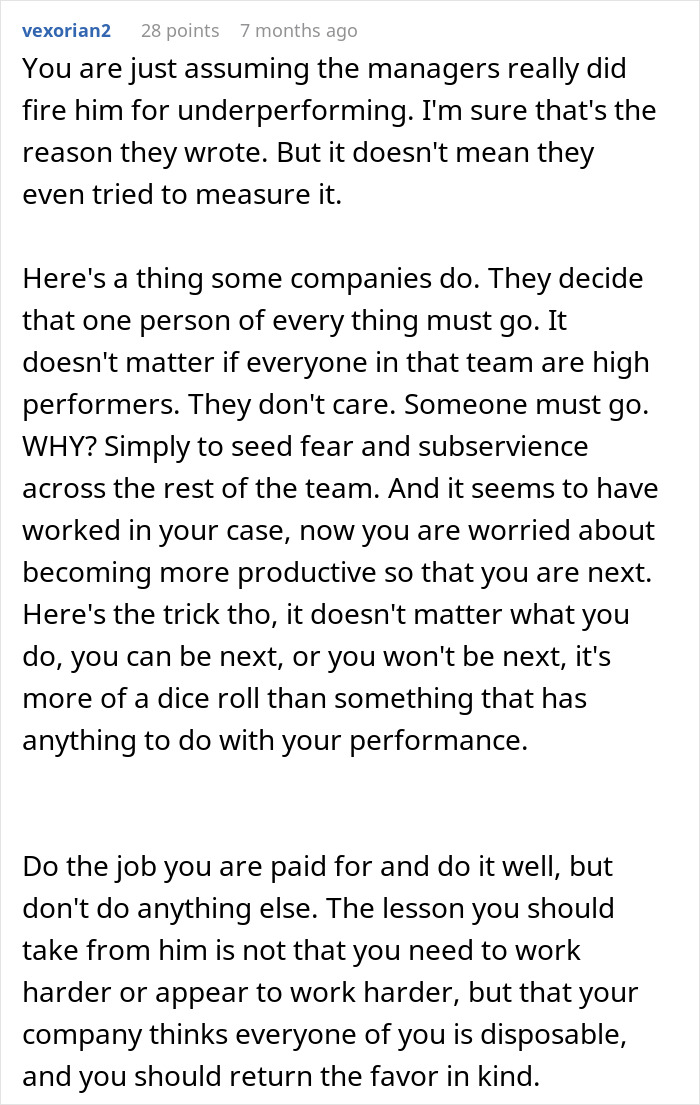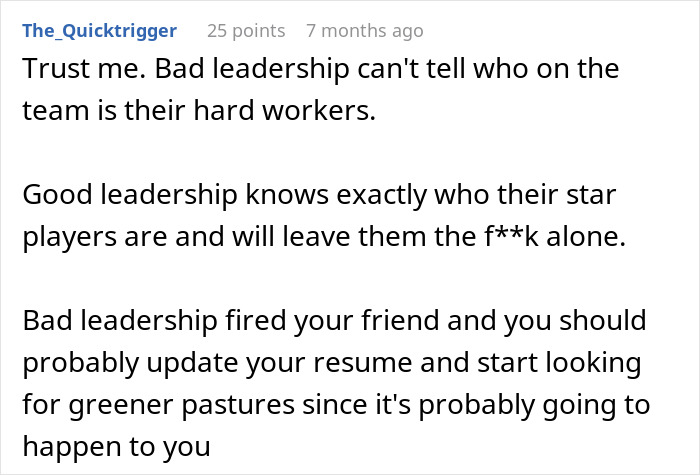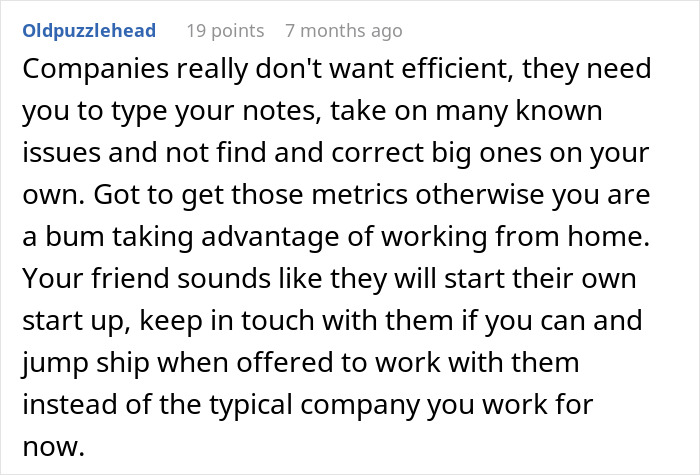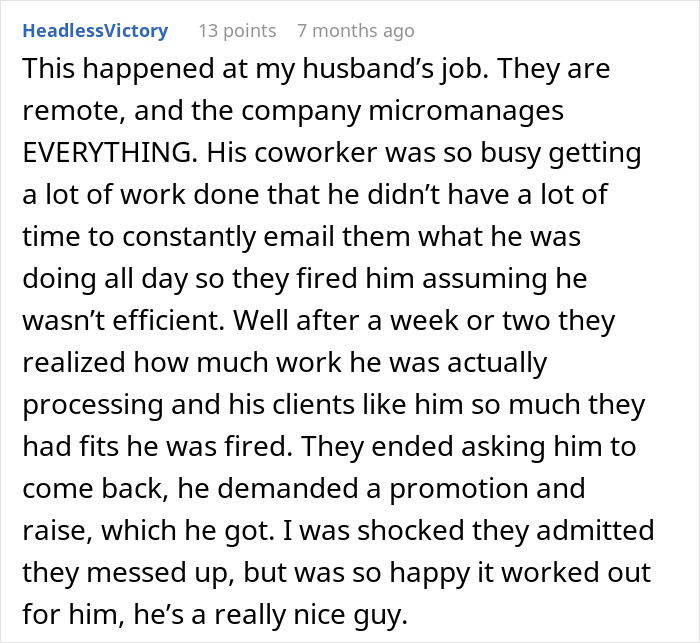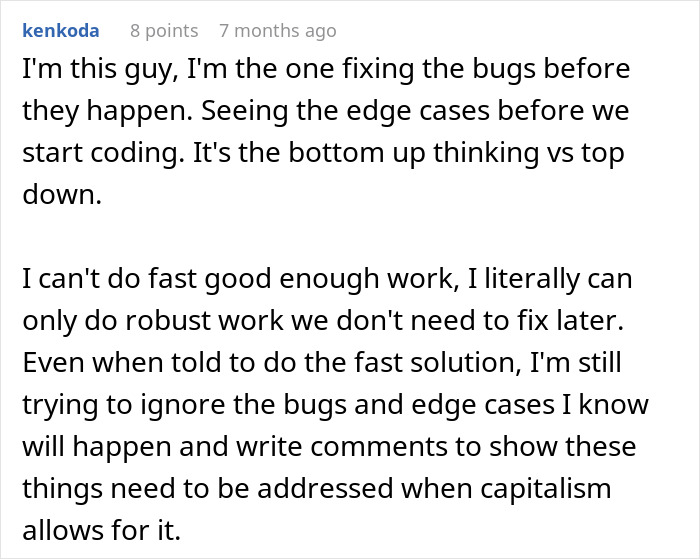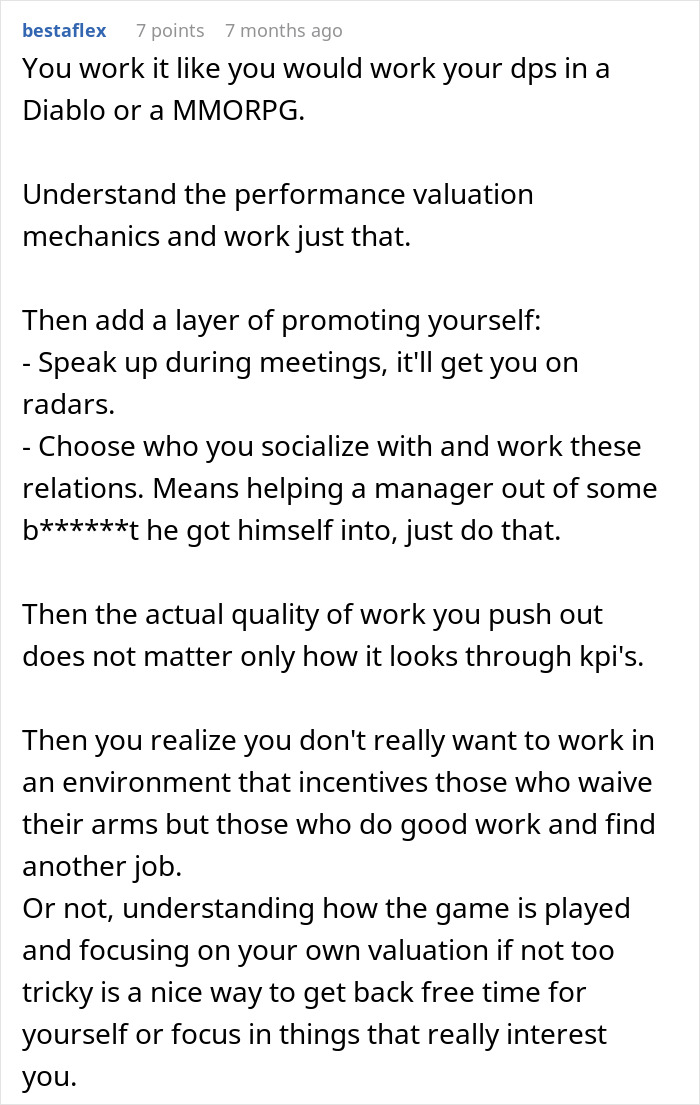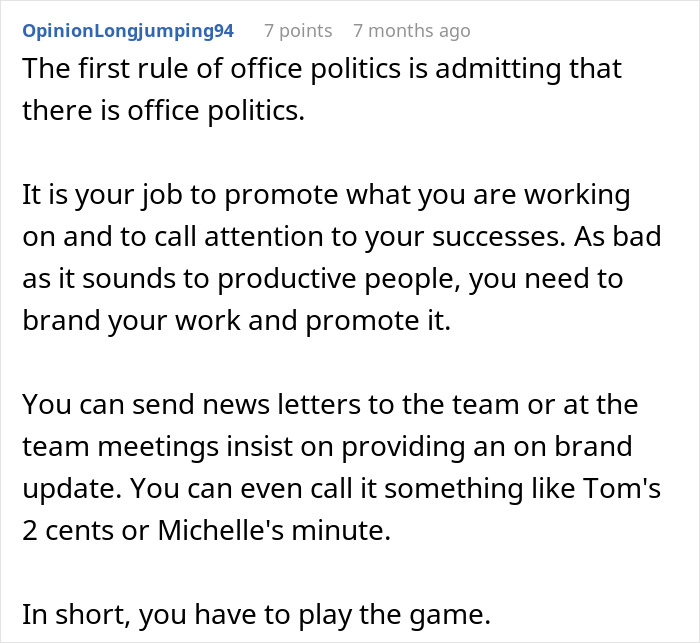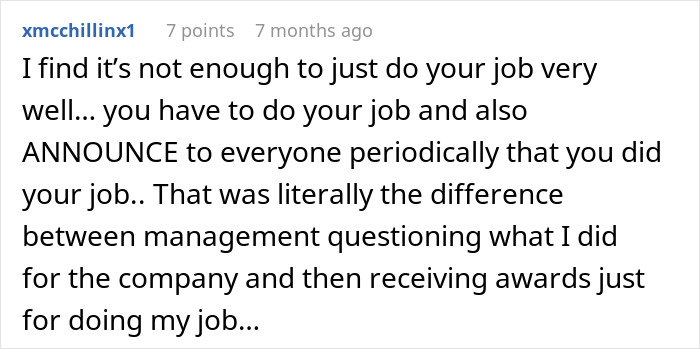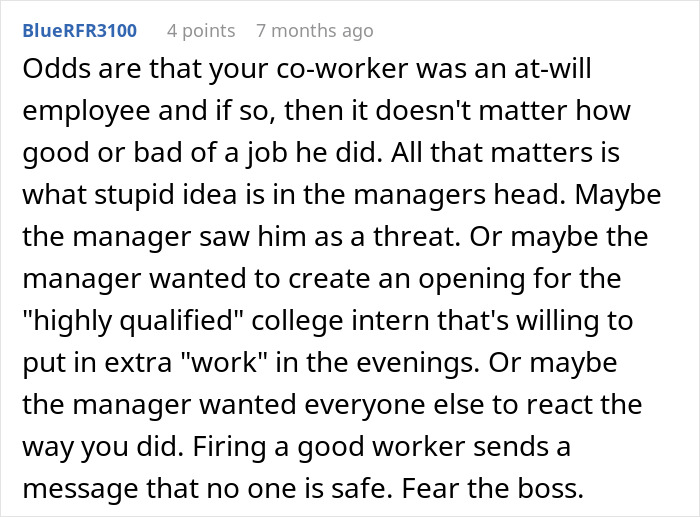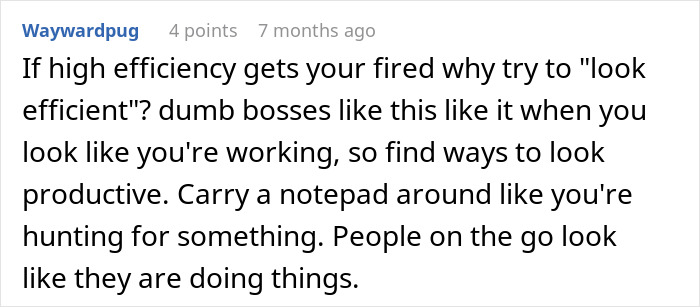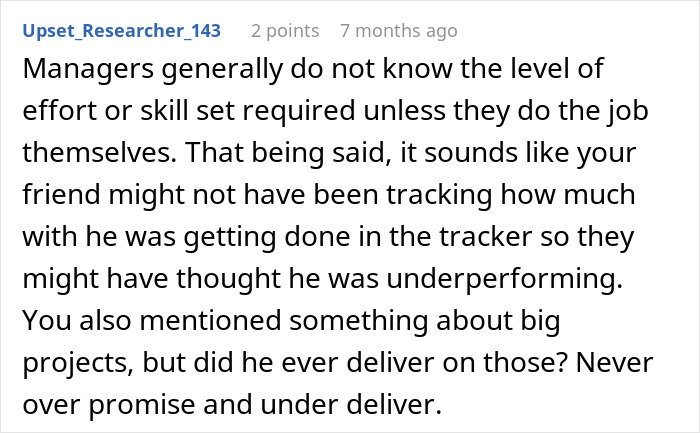What are the most important qualities of a good employee? Always being on time? Getting along with your teammates? Paying attention to even the minute details of every task? Doing more work than your colleagues and doing it exceptionally well?
One Redditor started to question what qualities managers look for in employees after a not-so-pleasant experience. The netizen recounted how the company let go of one colleague despite him being “super efficient” and good at his job. The OP wondered if the coworker fell victim to the company’s bias against less talkative and expressive employees. Read on and find out the entire story below.
Experience, problem-solving skills, and attention to detail are not the only job requirements for programmers

Image credits: Arif Riyanto (not the actual photo)
This worker found out that being outspoken might trump being productive at some companies
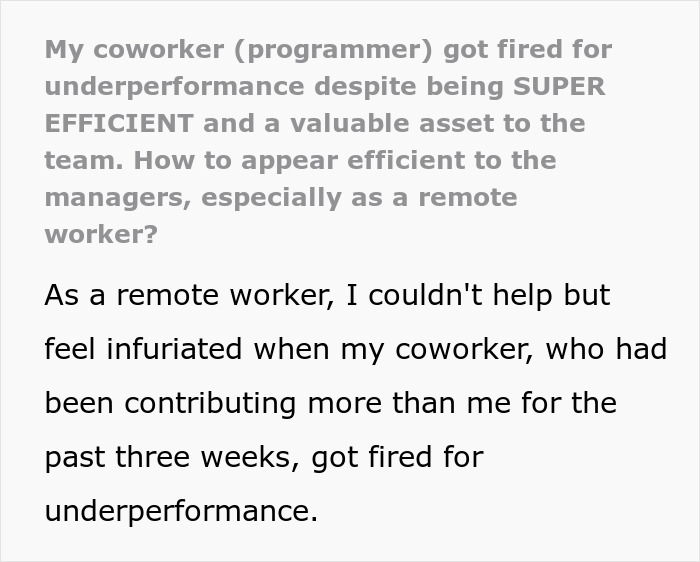
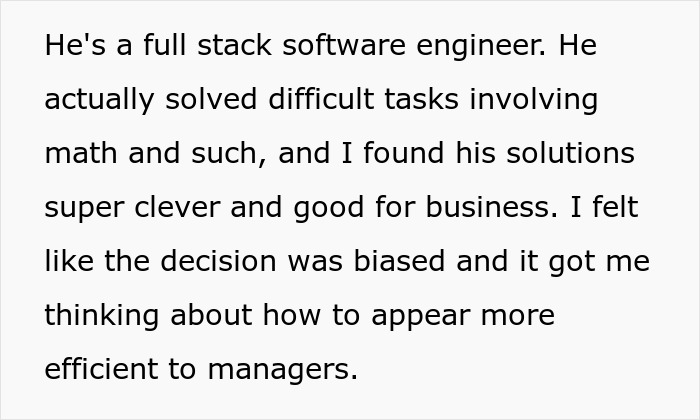
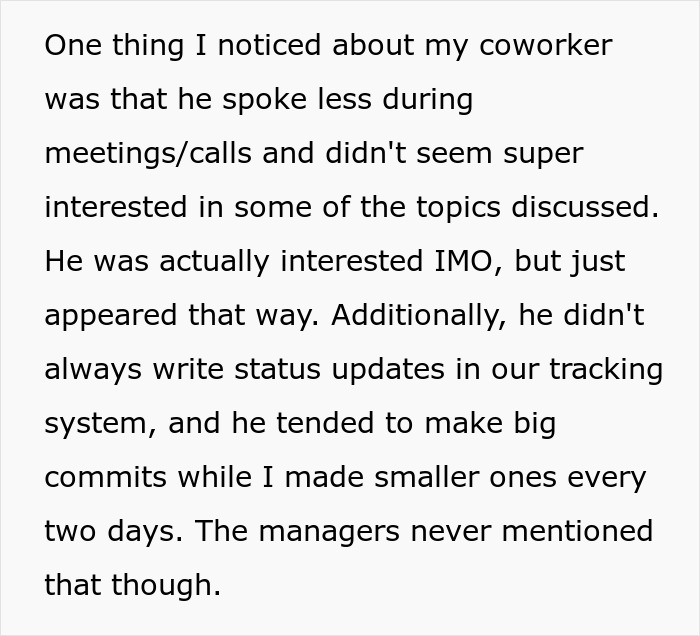
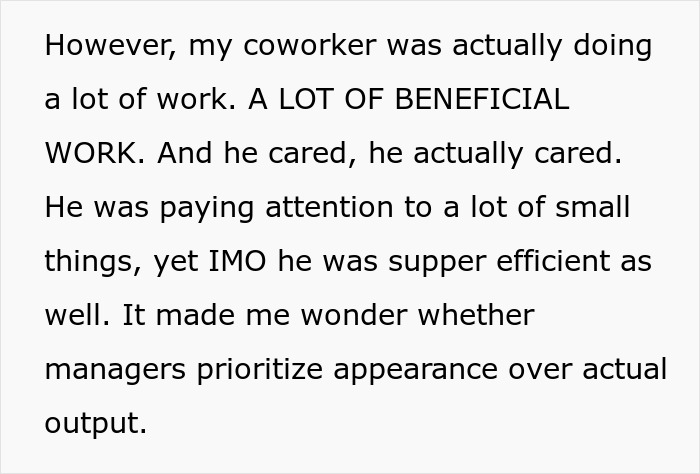

Image credits: Lukas (not the actual photo)
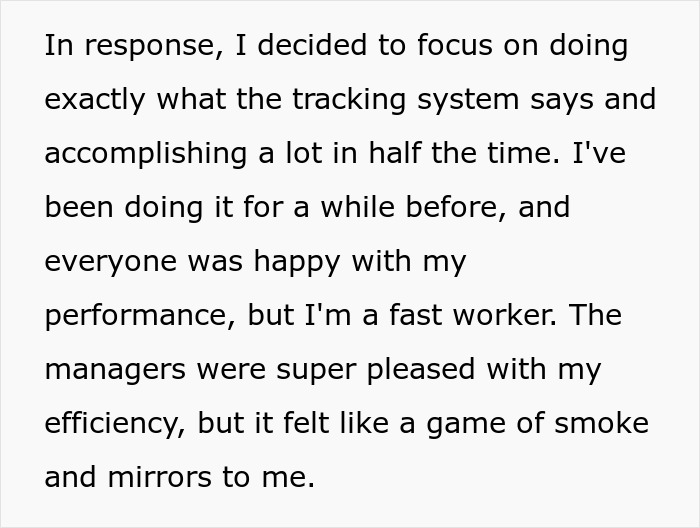
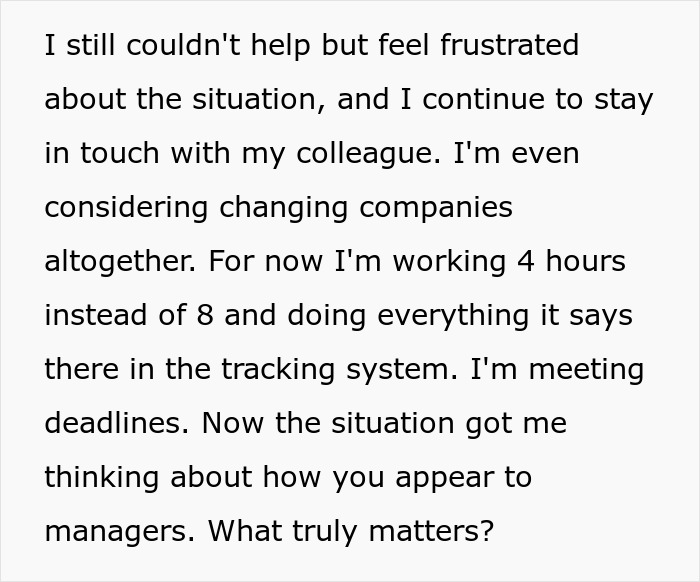
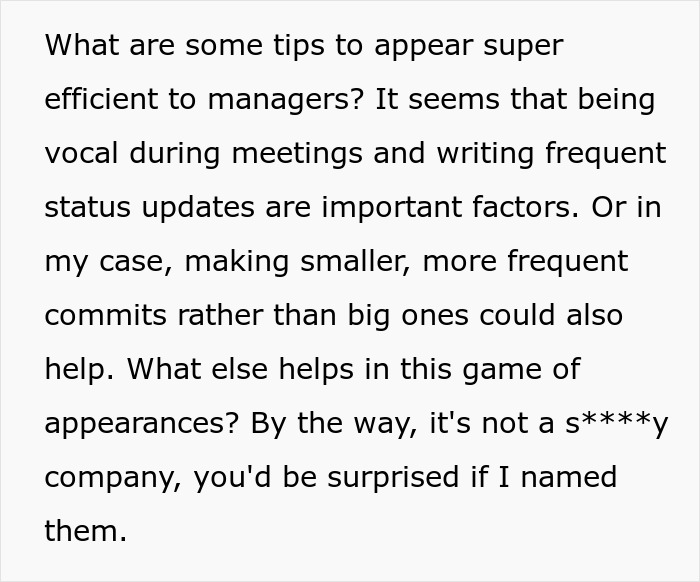
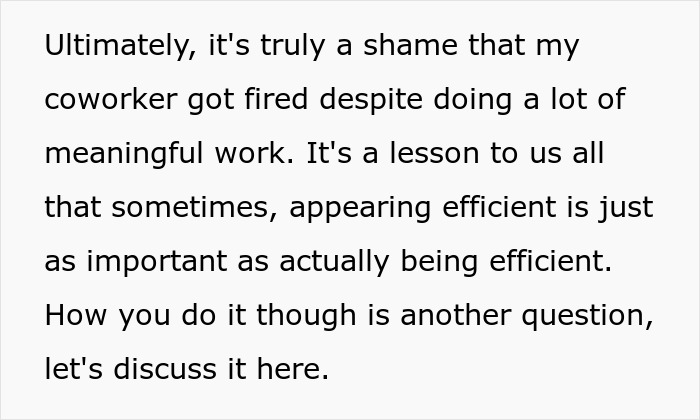
Image credits: hasmetwo
There is such a thing as a culture of performative productivity
Judging from the OP’s post, it seems that their company prefers perceived productivity over actual efficiency. It’s performative productivity – trying to appear busy while hardly doing any work. Other experts also call this ‘productivity theater,’ emphasizing the performative nature of this phenomenon.
What tasks are performative work? Attending unnecessary meetings or spending excessive time on administrative tasks can be examples. Corporate environments aren’t the only places where we can see performative productivity. People posting about their accomplishments on social media is also a great example.
Quiet quitting can be the so-called sibling of performative productivity. The former is employees doing the bare minimum because they don’t get incentives for extra effort. The latter is what then follows in a logical sequence. If I’m not rewarded for doing extra work, pretending to do it should suffice, right?
“The Danger Of Obsessing Over Productivity” podcast host Chris Williamson made an observation in one of the episodes.
“You’re genuinely disincentivized to be efficient. If doing more work more intensely, more efficiently just results in you being given more work, or having big [chunks] of time doing nothing… and when neither situation is being remunerated by either free time or more money, you’re being disincentivized from actually being productive.”
Image credits: luis gomes (not the actual photo)
Employees believe productivity theater benefits their careers, but that may not be the case
In February 2023, Visier conducted a survey about productivity theater. 83% of their respondents admit to engaging in at least one performative work behavior. People feel the pressure to appear busy at work. 22% of respondents claimed they spend more than 20 hours per week on work tasks that only make them look busy.
The reasons employees do that vary. Around a third of the survey’s respondents claim they do those tasks first that will make them visible. 49% wanted the company to see them as valuable.
And 30% said they organize their work in such a way that others can see that they, in fact, are working. Performance tracking software, of course, heightens this performativity.
Workers believe it’s important for their careers to seem to be productive. And it’s easy to understand such logic – productivity is perception, after all. Sociologist and the author of “The Secrets to Happiness at Work” Tracy Brower, PhD writes for Forbes that people often misinterpret this.
While it’s true that perception might be reality, she doesn’t recommend creating the illusion that you’re working. It’s important to let your work shine, she writes.
Her first piece of advice to get noticed is to do actual good work. She writes that first and foremost, it might make you respect yourself more. “You’ll have a greater sense of meaning and confidence, knowing you’re putting your best efforts forward.”
“Volunteer for projects which are priorities for your organization and take initiative when you see something that can be improved” is her second piece of advice. Actively seeking out important tasks and projects lets the management know you take your position seriously.
Fostering strong relationships with colleagues is also important. A team player will always be more noticeable. “Build connections, seek mentors and ask for feedback from colleagues. Strong social capital provides you with opportunities to help others and to ask for help,” Bower writes.

Image credits: ThisIsEngineering (not the actual photo)
Other netizens stood on the OP’s side and deemed the company management ignorant

